Five Royal Society of Chemistry prizes won by Imperial researchers and teams
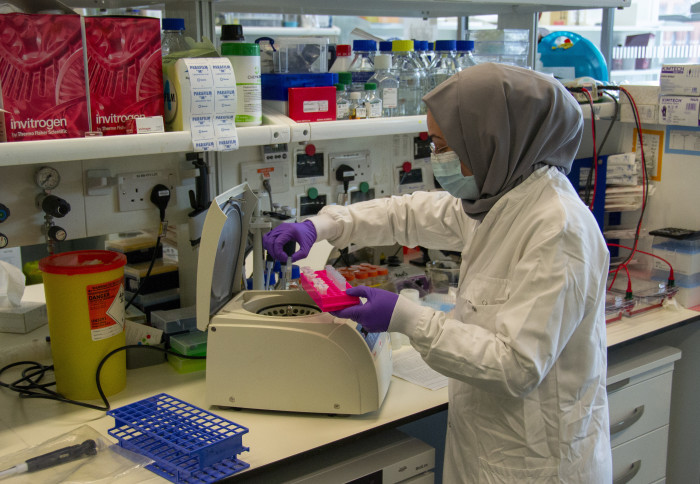
Three individuals and two teams from Imperial College London have won prestigious prizes from the Royal Society of Chemistry (RSC).
The individual Research and Innovation Prizes include academics working on molecules for medicine and technology, new disease detectors and catalysts for renewable resource futures.
Two teams, involving international collaborations focusing on chemical tools to understand glycobiology and revolutionising hydrogen peroxide production, have also won in the new category of Horizon Prizes, awarded to those who are opening up new directions and possibilities in their field, through groundbreaking scientific developments.
Dr Helen Pain, Chief Executive of the Royal Society of Chemistry, said: “Scientific discovery opens fascinating new frontiers, and we are proud to recognise those whose discoveries push the boundaries of knowledge and its application, and motivate others to follow in their footsteps.”
Professor Matthew Fuchter (Department of Chemistry) – Corday-Morgan Prize
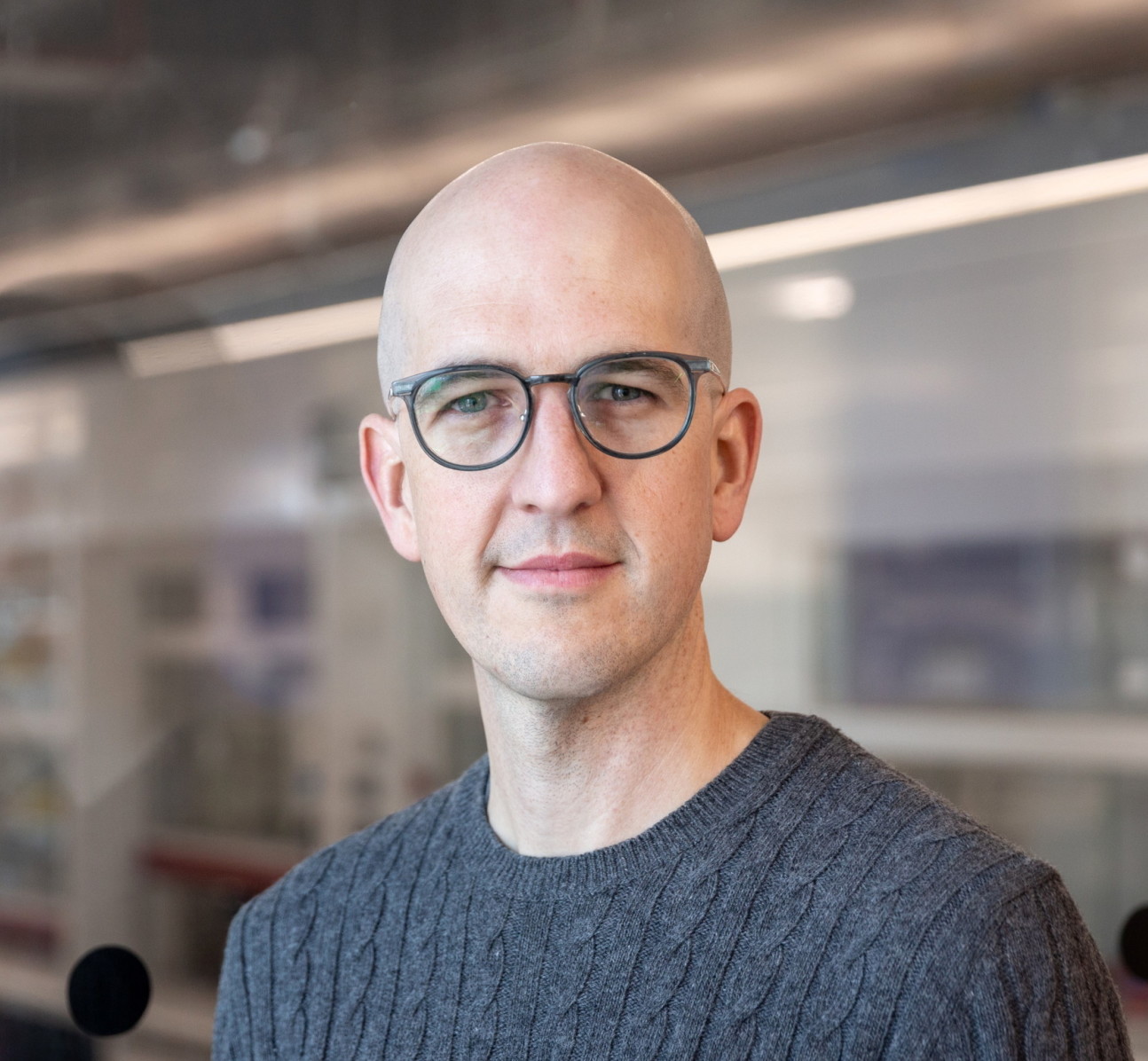 Professor Fuchter won the prize for the development of chemistry-led approaches to interrogate function in chemistry, materials and medicine. Professor Fuchter also receives £5000 and a medal.
Professor Fuchter won the prize for the development of chemistry-led approaches to interrogate function in chemistry, materials and medicine. Professor Fuchter also receives £5000 and a medal.
His work involved inventing and constructing new molecules for use in a wide range of technologies and medicines. His efforts have produced molecular therapeutics that have entered clinical studies for the treatment of cancer, and novel light-emitting materials that could one day appear in commercial organic light-emitting diode (OLED) displays. His team’s expertise in molecular design, synthesis and characterisation is key to their ability to work on such diverse research topics.
On receiving the prize, Professor Fuchter said: “It is a tremendous honour to receive this award from the RSC, which recognises not just my success, but the hard work of my research group and collaborators. I am especially delighted with this prize in particular, since it was established by Sir Gilbert Morgan, an important alumnus from the Royal College of Science (precursor to Imperial College London). Like me, he also had an interest in azo dyes!”
Dr James Wilton-Ely (Department of Chemistry) – Sir Geoffrey Wilkinson Award
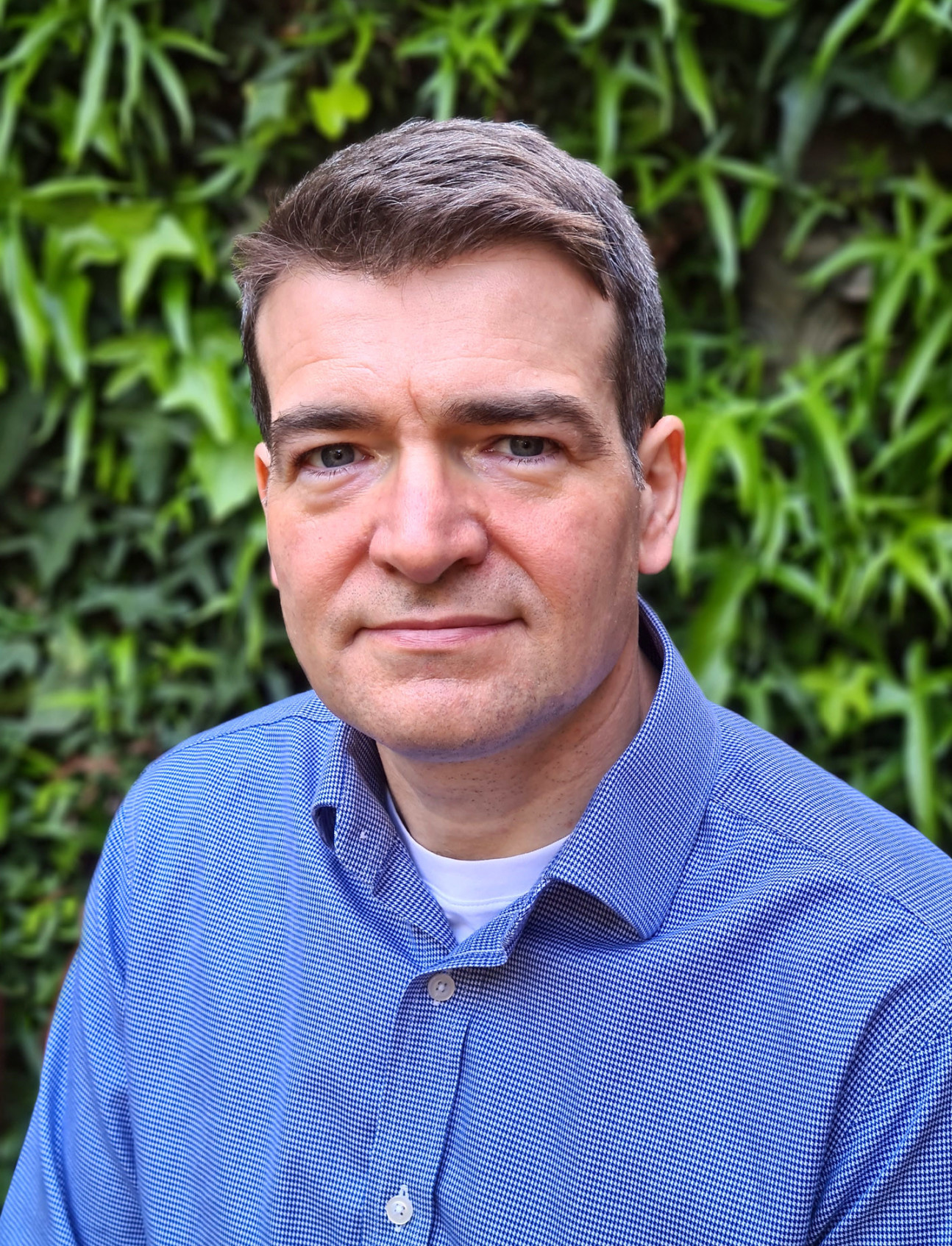 Dr Wilton-Ely won the prize for contributions to the application of metals in biological sensing and medical imaging. Dr Wilton-Ely also receives £3000 and a medal.
Dr Wilton-Ely won the prize for contributions to the application of metals in biological sensing and medical imaging. Dr Wilton-Ely also receives £3000 and a medal.
Dr Wilton-Ely's research group have designed sensitive and selective probes for monitoring carbon monoxide (CO) in cells, which can be an indicator of disease. They have also combined this with a measure of the viscosity of cells, an innovation that could allow relatively low-cost equipment to be used to provide information on both these markers of disease.
The group are currently working with cancer researchers to explore the role of CO in immune suppression, which could lead to more effective cancer treatments.
On receiving the prize, Dr Wilton-Ely said: “This award reflects the work of many individuals in my group over the years and I am particularly delighted that it recognises our work on biological carbon monoxide detection. This is an area we have been exploring with collaborators in Spain and within the Department of Chemistry, which has taken our research into biological and medical imaging.
“It is fitting that the award is named after Imperial’s Nobel Prize winner, Sir Geoffrey Wilkinson, who also explored the reactivity of carbon monoxide with metal complexes, in the context of catalysis. In fact, as a PhD student, I worked in the lab next to Sir Geoffrey’s office, occasionally receiving some complaints on the loudness of our music!”
Dr Ceri Hammond (Department of Chemical Engineering) – Harrison-Meldola Memorial Prize
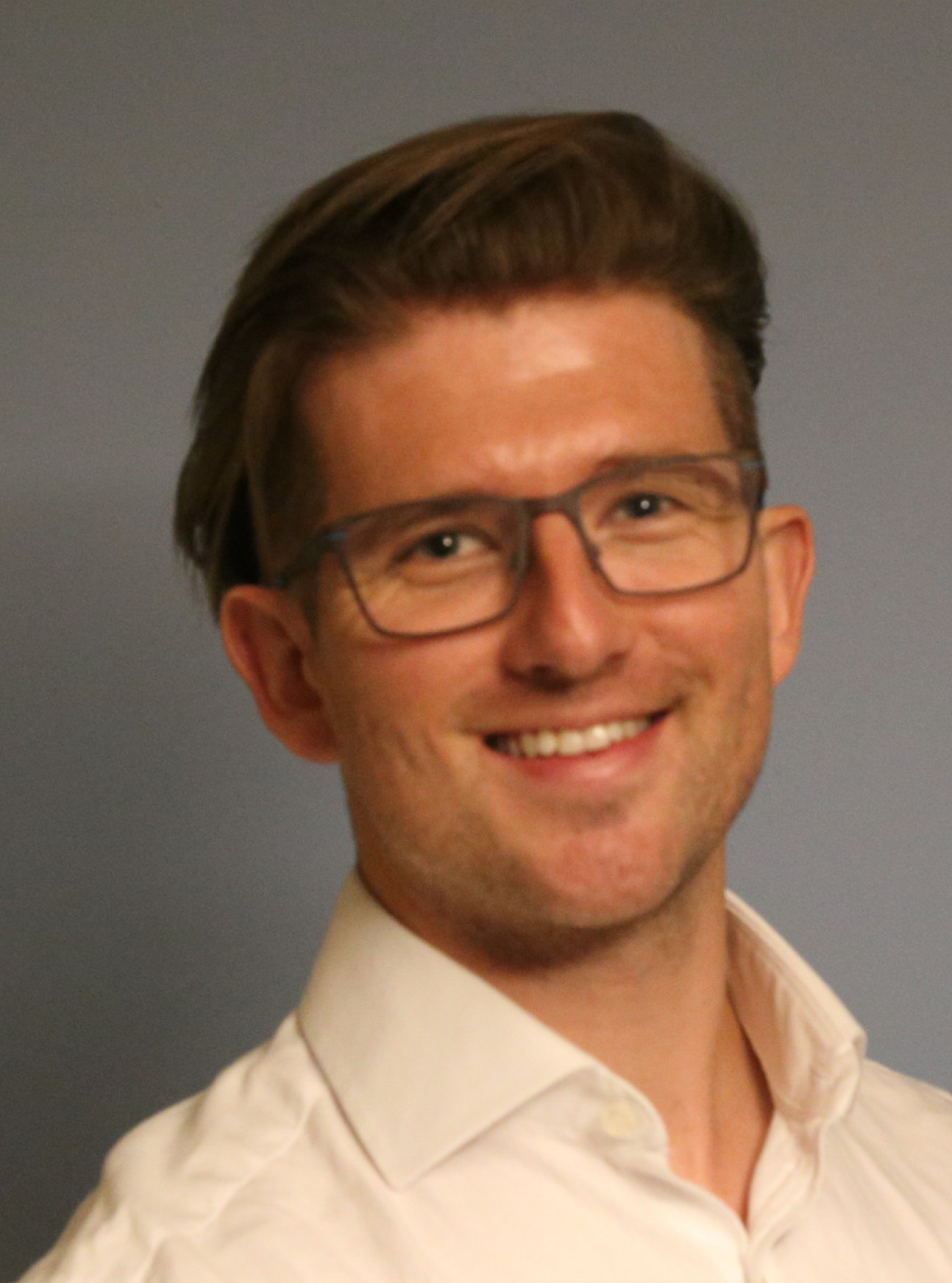 Dr Hammond won the prize for the development of traditional and sustainable catalytic processes using heterogeneous catalysts. Dr Hammond also receives £5000 and a medal.
Dr Hammond won the prize for the development of traditional and sustainable catalytic processes using heterogeneous catalysts. Dr Hammond also receives £5000 and a medal.
Transitioning to a sustainable society by substituting fossil resources for renewable alternatives requires the development of ways to rearrange chemical bonds. This is the focus of Dr Hammond's research, whose group works on developing catalysts; compounds that speed up chemical reactions, but which are not used up during the process.
By developing new kinds of catalysts, the group is able to do new types of chemistry so that important industrial products can be made from renewable waste materials instead of non-renewable fossil resources.
On receiving the prize, Dr Hammond said: "I am honoured to be a recipient of the 2021 Harrison-Meldola award, and for the recognition reflected by this prestigious award from The Royal Society of Chemistry.
"I am grateful to all those who have supported me to this stage, including my colleagues at Imperial College London, my collaborators, previous co-workers and most importantly the members of my research team – both past and present – for all their effort and hard work."
GlycoTrackers team – Chemistry Biology Interface Division Horizon Prize: Rita and John Cornforth Award
![]() The international team receives the prize for the development of chemical precision tools for the new era of quantitative glycobiology.
The international team receives the prize for the development of chemical precision tools for the new era of quantitative glycobiology.
Every cell in the human body is covered by a layer of sugar molecules called glycans, which are involved in processes that are essential for life. However, small changes in glycans can have a profound impact on metabolism or on mounting immune responses against pathogens.
The GlycoTrackers team has developed a set of chemical ‘precision tools’ that allow the direct mapping of glycans by taking a detailed look into the activity of glycosyltransferases – molecular machines that build glycans. The team has been able to directly profile which glycans are modified by which glycosyltransferases within a cell. This technology could give scientists the capacity to characterise changes in cell surface glycans during the formation of diseases such as cancer.
Imperial team members include Professor Stuart Haslam (Life Sciences), Dr Aristotelis Antonopoulos (Life Sciences), and members of the Chemical Glycobiology Laboratory at the Francis Crick Institute, which include Dr Ben Schumann (Chemistry), Dr Anna Cioce, Dr Zhen Li, Mia Zol-Hanlon, Beatriz Calle and William Browne.
On receiving the prize, they said: “We are honoured to be part of a team of incredible scientists from all over the world who brought a two-decade-old idea to fruition: the development of chemical tools to decipher the functions of individual glycosyltransferase enzymes in the living cell.
"The RSC Horizon Awards are an amazing scheme to highlight a collective achievement in a project that would not have been possible without the power of interdisciplinarity and thrived on the contributions of every single team member.”
HPNow Team – Environment, Sustainability and Energy Division Horizon Prize: John Jeyes Award
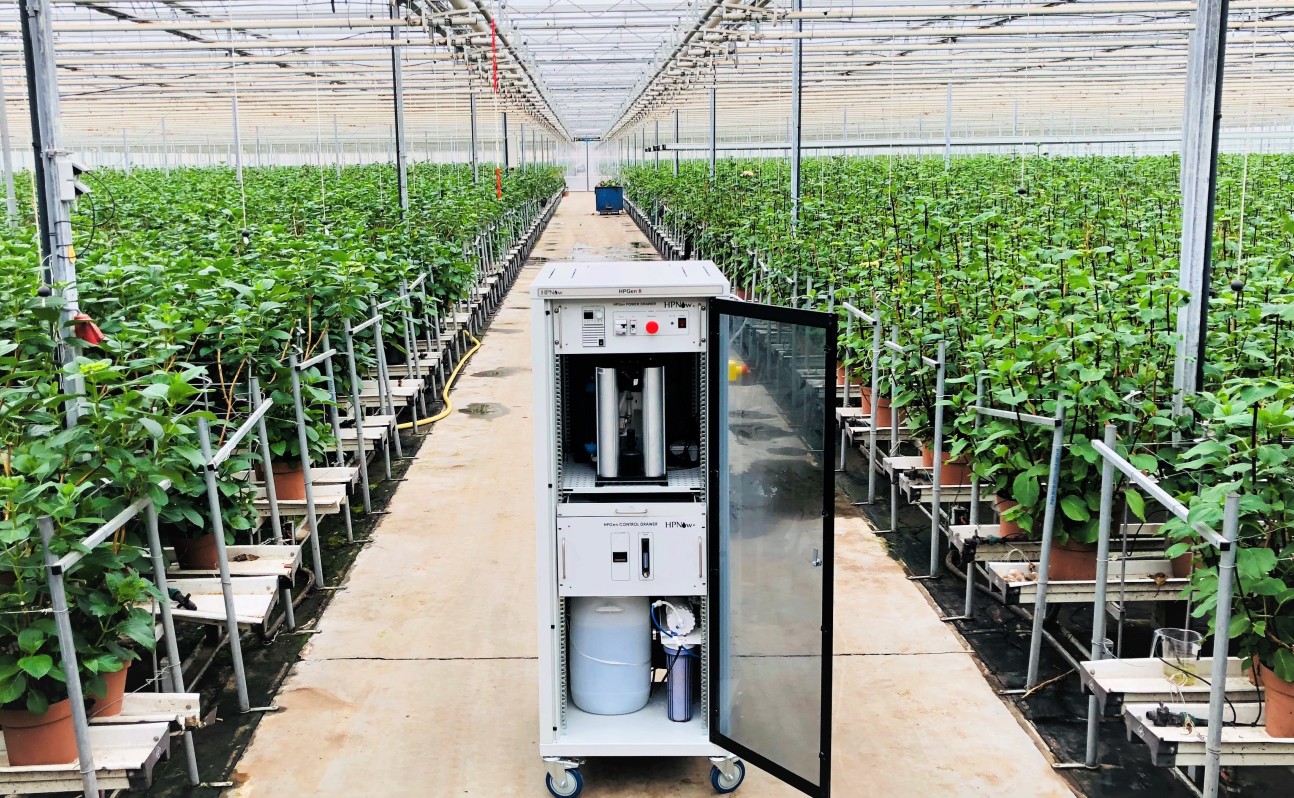 Led by scientists at Imperial College London, Chalmers University, University of Copenhagen, Technical University of Denmark, University of Calgary and BASE Life Science, the team receives the prize for scientific and engineering breakthroughs that have enabled hydrogen peroxide synthesis to become a commercial and industrial reality. This new method allows hydrogen peroxide, an environmentally friendly chemical for treating water, to be made on-site and on-demand.
Led by scientists at Imperial College London, Chalmers University, University of Copenhagen, Technical University of Denmark, University of Calgary and BASE Life Science, the team receives the prize for scientific and engineering breakthroughs that have enabled hydrogen peroxide synthesis to become a commercial and industrial reality. This new method allows hydrogen peroxide, an environmentally friendly chemical for treating water, to be made on-site and on-demand.
Before now, most hydrogen peroxide had been produced at high concentrations, with transportation proving to be a hazard risk. However, this new electrolyser is able to be inserted into the water at treatment plants, delivering hydrogen peroxide on-site in an energy saving manner.
The resulting company, HPNow, has installations in over 15 countries around the world, treating water at both hospitals and agricultural sites. The company has also opened an emission-free hydrogen peroxide production plant in Spain which uses solar power. Through this, the team are hoping that this technology will inspire more decarbonisation in industry.
After receiving the prize, Dr Ifan Stephens, from the Department of Materials at Imperial, said: “We feel incredibly honoured to be amongst the first recipients of the Royal Society of Chemistry’s Horizon Prize. Since our work was such a collaborative effort, we feel the format of the prize – where it is awarded to the entire team – was particularly appropriate.”
Article text (excluding photos or graphics) © Imperial College London.
Photos and graphics subject to third party copyright used with permission or © Imperial College London.
Reporter
Hayley Dunning
Communications Division